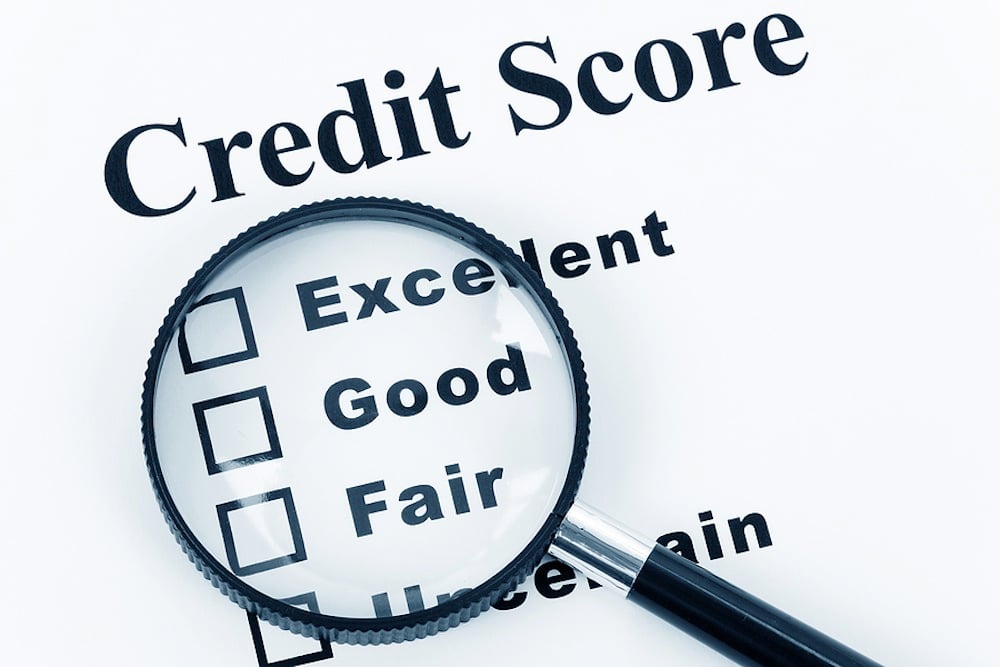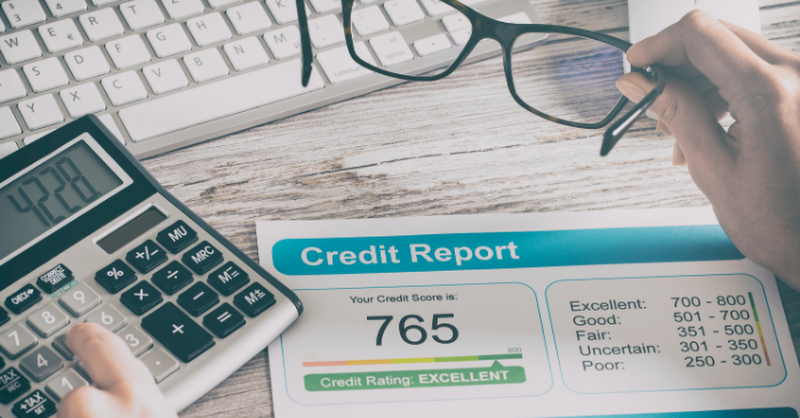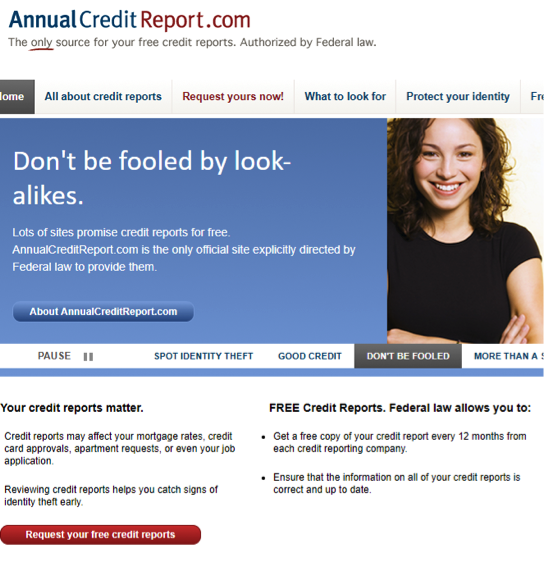March 09, 2020
Reading your credit report for the first time may be confusing. There’s a lot of information included about your loans, credit lines, and accounts. Checking your credit report from each of the three credit reporting bureaus each year and understanding the information is an important part of your financial health.
 Everyone who has a social security number has the right, by law, to see each of their credit reports for free once every 12 months. You can order your free credit reports online by visiting www.AnnualCreditReport.com or by calling 1-877-322-8228. This website is the only one authorized by federal law to offer free credit reports to consumers.
Everyone who has a social security number has the right, by law, to see each of their credit reports for free once every 12 months. You can order your free credit reports online by visiting www.AnnualCreditReport.com or by calling 1-877-322-8228. This website is the only one authorized by federal law to offer free credit reports to consumers.
How credit reports are organized
There are four sections of everyone’s credit report. Your personal information may include your full legal name, as it appears on your social security card, and any other former names or aliases you’ve used. You may also see your current address and employer as well as past employers and addresses.
The credit summary section offers information about the total number of accounts you have and their balances. You’ll see the number of current and delinquent accounts here. Closed accounts, public record accounts, and inquiries made into your credit history during the past two years are in this section too.
The account history section is the largest part of your credit report. It has details about each of your current accounts and your payment history. In the summary for each account, you’ll see the name and address of the creditor. They’ll list the account number, the date you opened the account, and the status of the account. Details like the original amount of the loan or the credit limit on the account, whether the account is joint or individual, and the type of account are here too.
The third section is a detailed description of any negative information like accounts that are in collections, liens, bankruptcies, and court judgments. Negative information stays on your credit report for seven years after the incident.
The fourth section of your credit report offers information about each time a company or potential creditor asked to see a copy of your report. You must authorize credit checks known as hard pulls. These happen when you apply for credit or ask for a credit limit increase on a current account. Applying for housing or a new utility account may also result in a hard inquiry into your credit history. This type of inquiry may cause a slight drop in your FICO credit score.
Soft inquiries don’t need your approval, and they don’t hurt your score. Companies initiate soft credit inquiries when they prequalify you for a loan or line of credit. You may also give potential employers permission to check your credit, which results in a soft pull.
It’s a good idea to get into the habit of checking your credit reports regularly. Look for information you don’t recognize and make sure your credit report reflects your on-time payments.
When it comes to FICO scores, new information can be more important than old information. If your credit report has negative items on it, don’t get discouraged. Making your installment loan payments, car payments, and credit card payments on time every month helps build the kind of reliable credit history you need to see your score rise over time.
For more great information on all things credit-related, head to our 'Basics of Credit' reference page.
Related Posts
October 12, 2020
September 29, 2017









